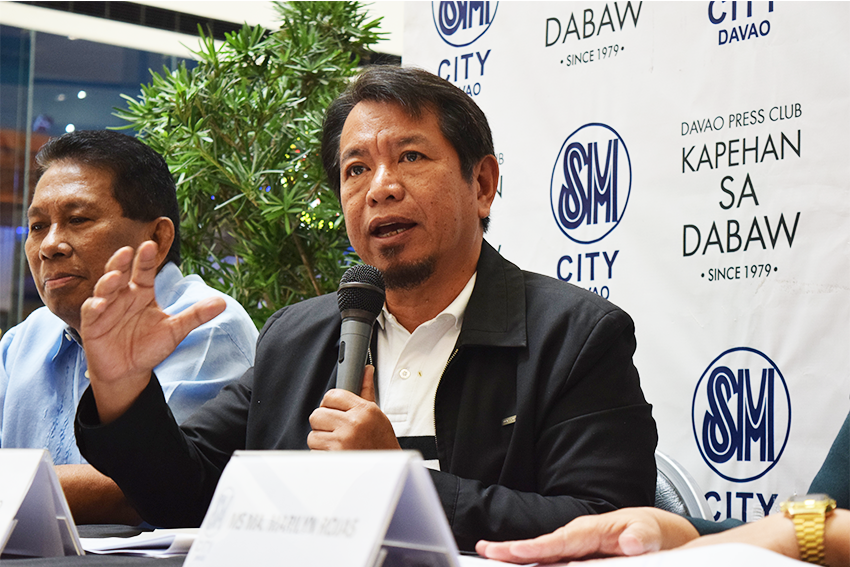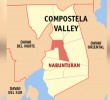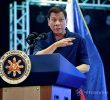
Atty. Randolph Parcasio of the Kilos Pederal sa Pagbabago says the primer on federalism will be translated to all major languages in the country. (Photo by Marlo Joshua Brua)
By Marlo Joshua Brua, Intern
DAVAO CITY, Philippines— Federalism advocates came up with a primer to boost the campaign for the major shift in the country’s political and economic system.
Speaking at the weekly Kapehan sa Dabaw at SM annex on Monday, Atty. Randolph Parcasio of Kilos Pederal sa Pagbabago said that a primer on federalism has already been made, but is yet to be translated into different major dialects around the country.
“We are now at the stage of informing the people of what Federalism is. That’s why we have published a primer. We have written it in Tagalog and this will be translated into Cebuano, and to all major languages in the country,” Parcasio said.
Parcasio also added that the primer highlighted some of the basic structures of the proposed form of government such as the scope of its powers, changes in command, system, benefits, processes, among others.
“In our case, we focus on the substance, what would be the powers of national government, if we create federal state or we call it regional state so as not to confuse with national government, what would be its power and what powers will they share, so we have zero-in on that for the people to understand,” he said.
Ma. Marilyn Rojas, also a member of KPP, said a “Question and Answer” portion of the primer written in Filipino would allow the people to easily grasp the basic concepts of Federalism.
“We are expecting that young voters, the students, the youth and the elders who can still vote can easily understand this primer in Filipino,” Rojas said.
KPP is planning to have an Ilonggo translation of the primer being the spoken dialect in the Visayas region and SOCCSKSARGEN.
Meanwhile, Parcasio said the Duterte administration is bent on pushing the federal form of government also for the establishment of the Bangsamoro government.
KPP has been pushing for five regional states— Northern Luzon, Metro Manila, Calabarzon to the Bicol Region, the entire Visayas, and MINSUPALA (Mindanao, Sulu and Palawan). All states were based on cultural features, geographic contiguity and economic potential.
He pointed out that under a federal system, regional states have the power to legislate and execute programs and authority over, but not limited to─ health, education, labor and employment, tourism, science and technology, social welfare, ancestral rights and cultural heritage including ancestral lands and ancestral domains, sports development, transportation and communication. (davaotoday.com)










